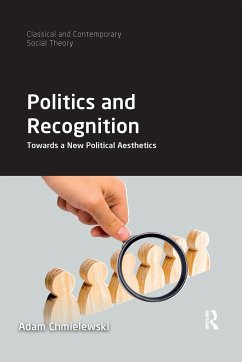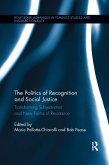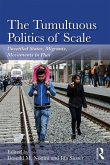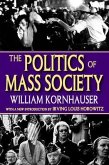This book outlines a new conception of political aesthetics based on the notion of order as an aesthetic category pertaining to human perception. Engaging with the thought of a range of figures, including Veblen, Honneth, Foucault, Popper, and MacIntyre, it explores the nature of political aesthetics as an enquiry into the ways in which politics and our perceptions shape one another and our moral choices. Moving beyond the consideration of politics as a matter of perception, the author employs the concept of recognition to shed fresh light on the normative dimensions of politics, before presenting a series of case studies designed to show the utility of this conception of political aesthetics for explaining contemporary urban social phenomena and political conflicts. As such, Politics and Recognition will appeal to sociologists, philosophers, and political social theorists.
Hinweis: Dieser Artikel kann nur an eine deutsche Lieferadresse ausgeliefert werden.
Hinweis: Dieser Artikel kann nur an eine deutsche Lieferadresse ausgeliefert werden.








